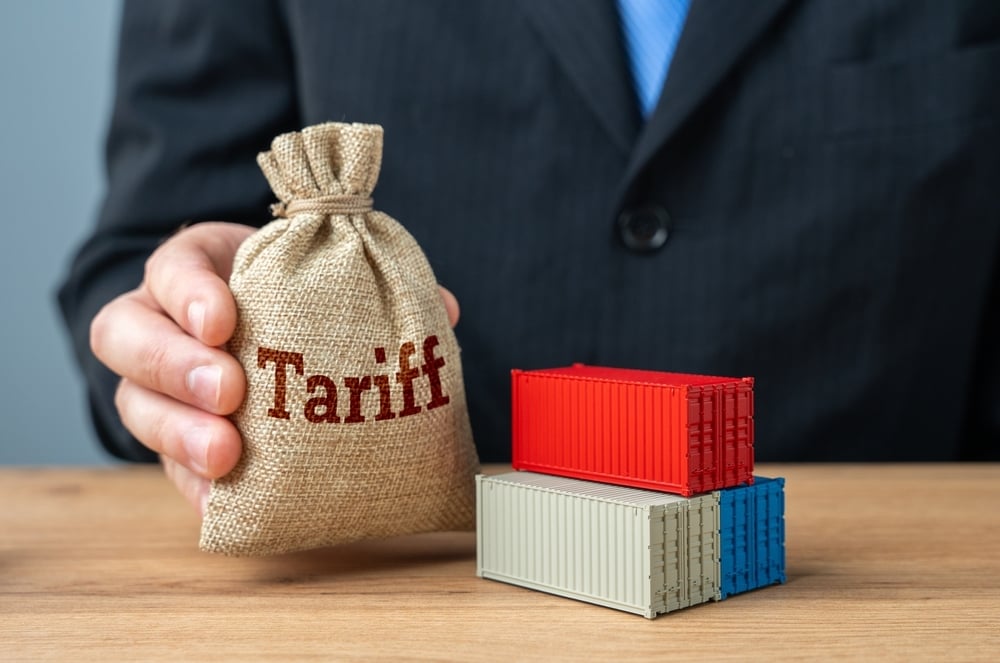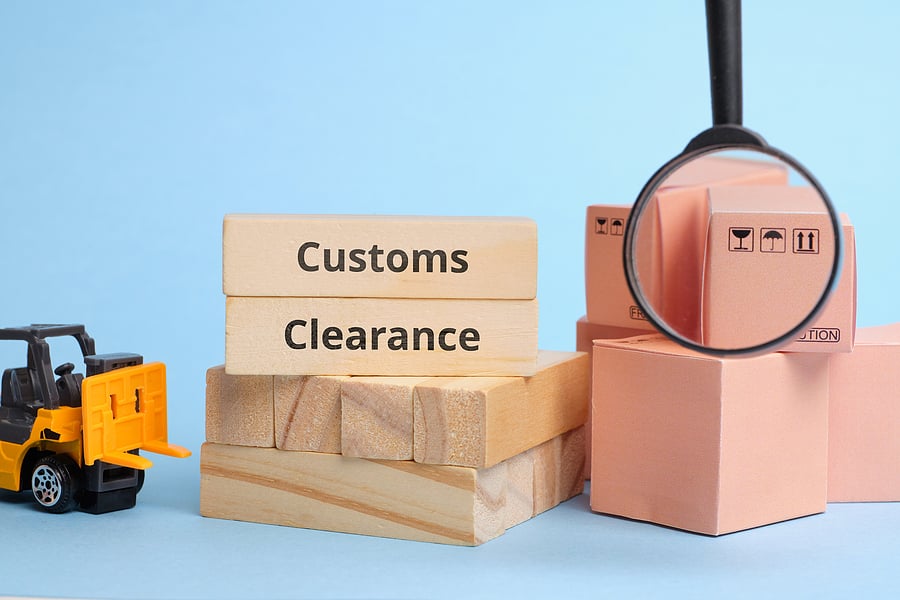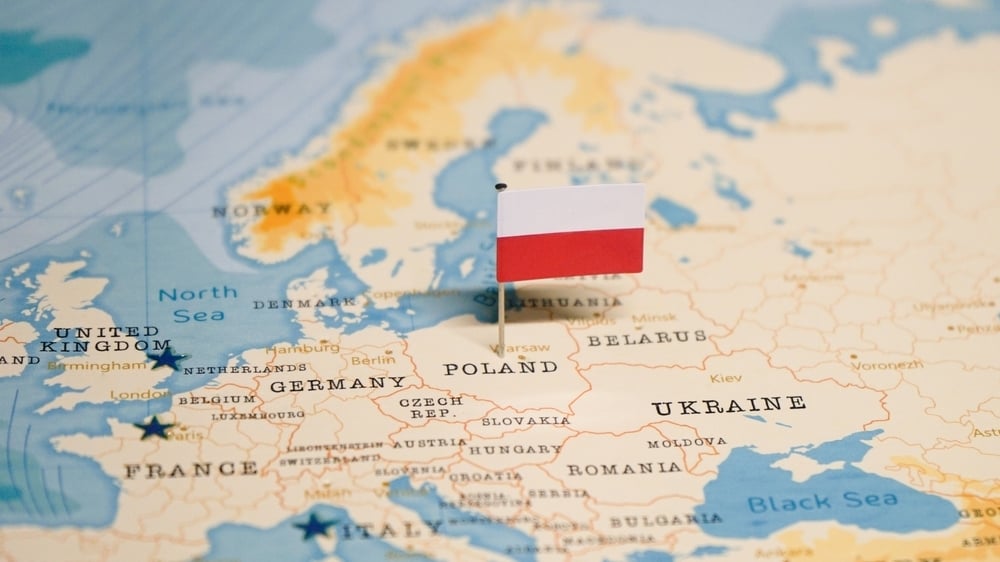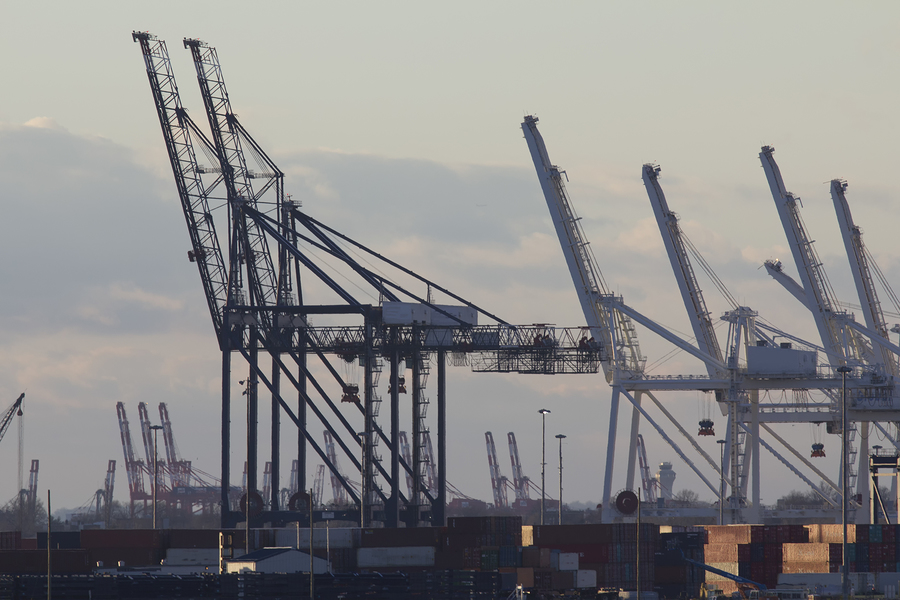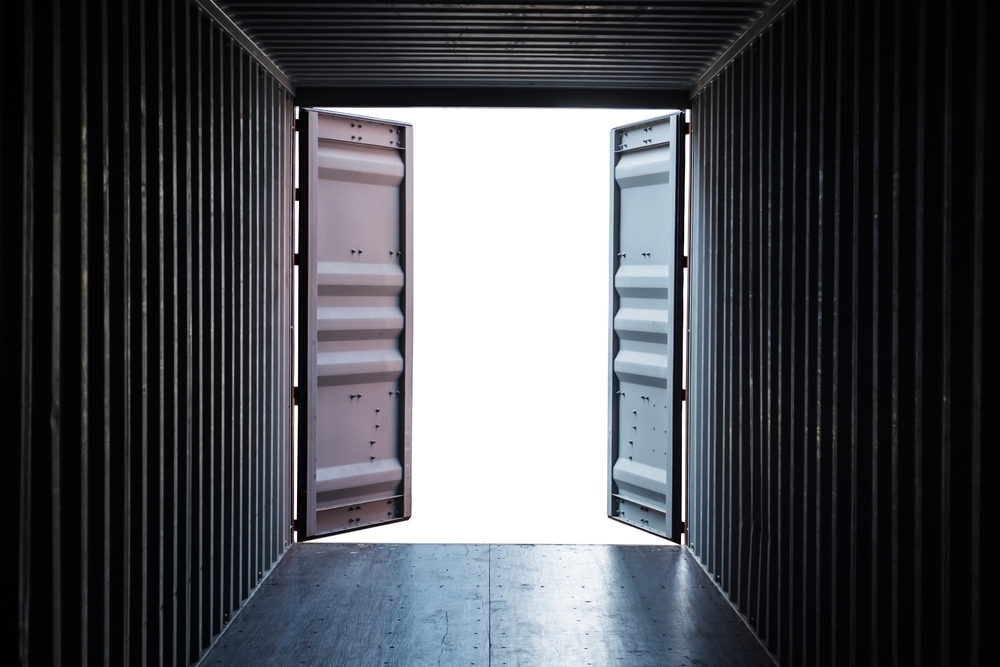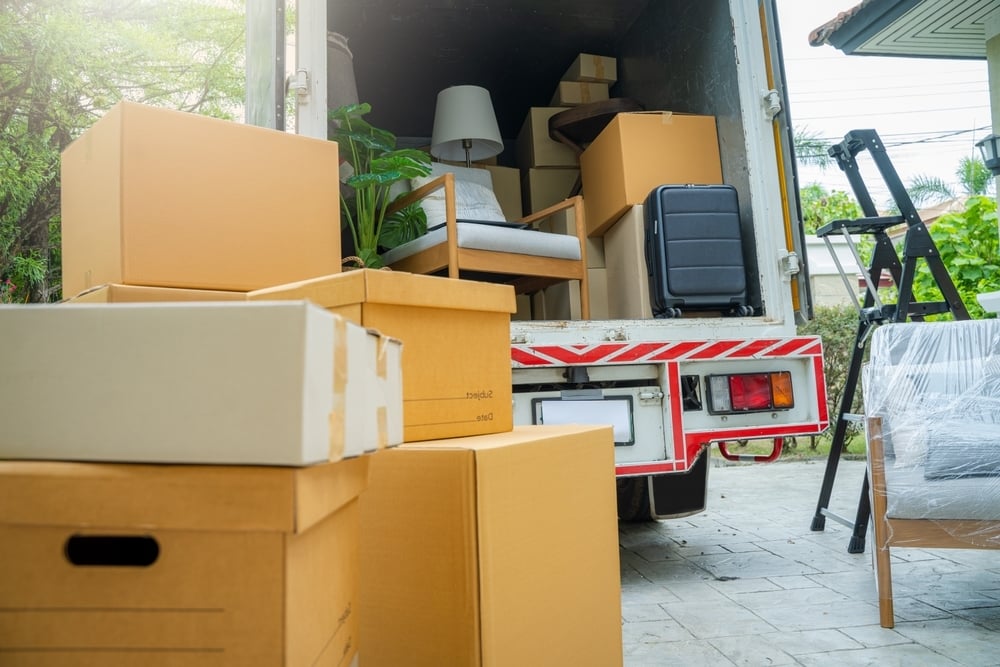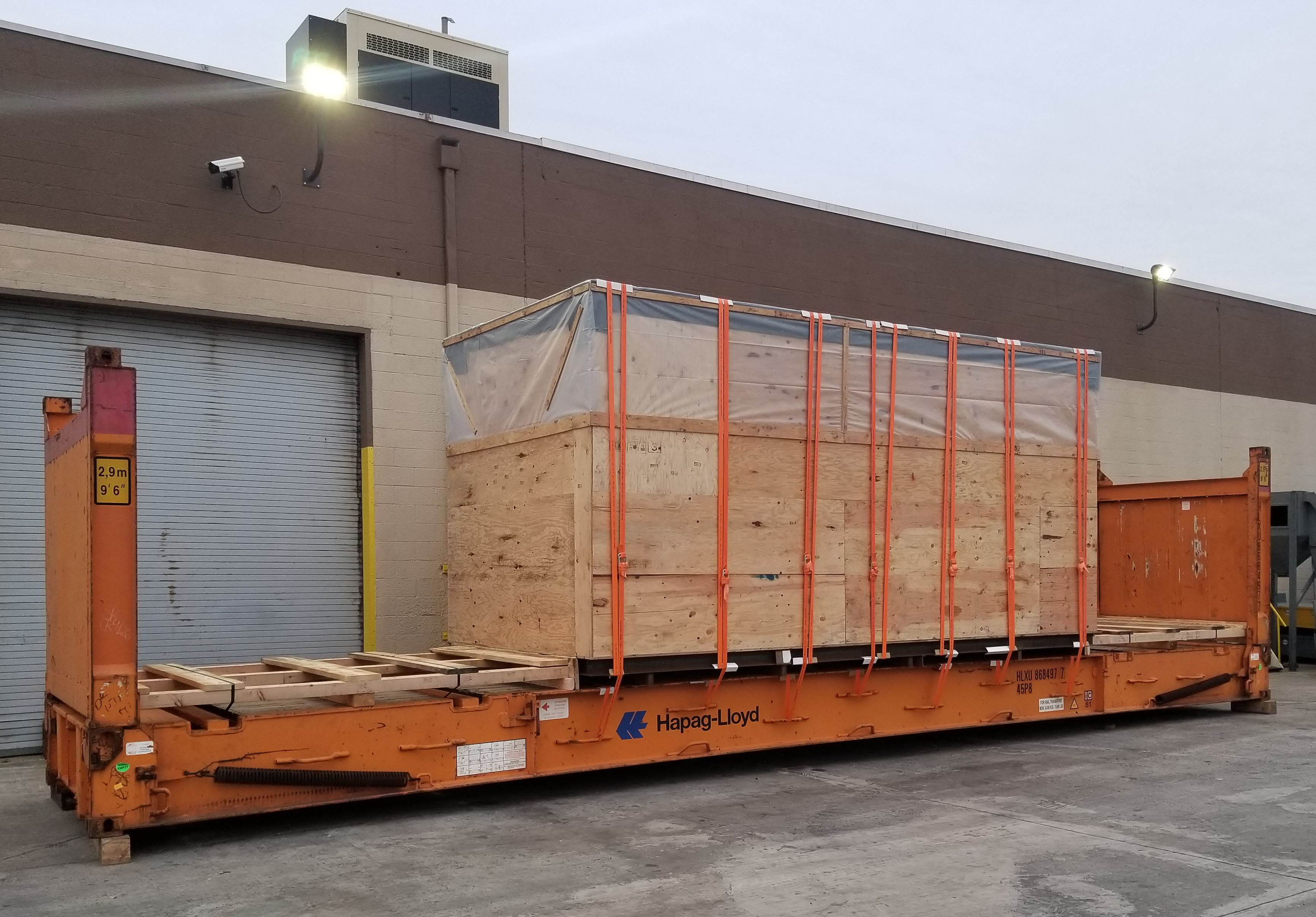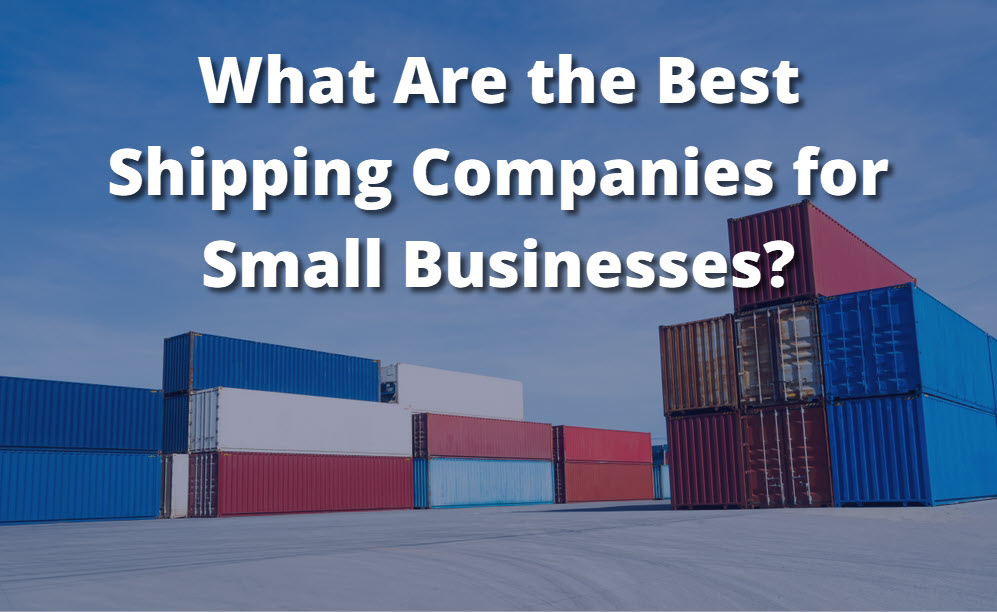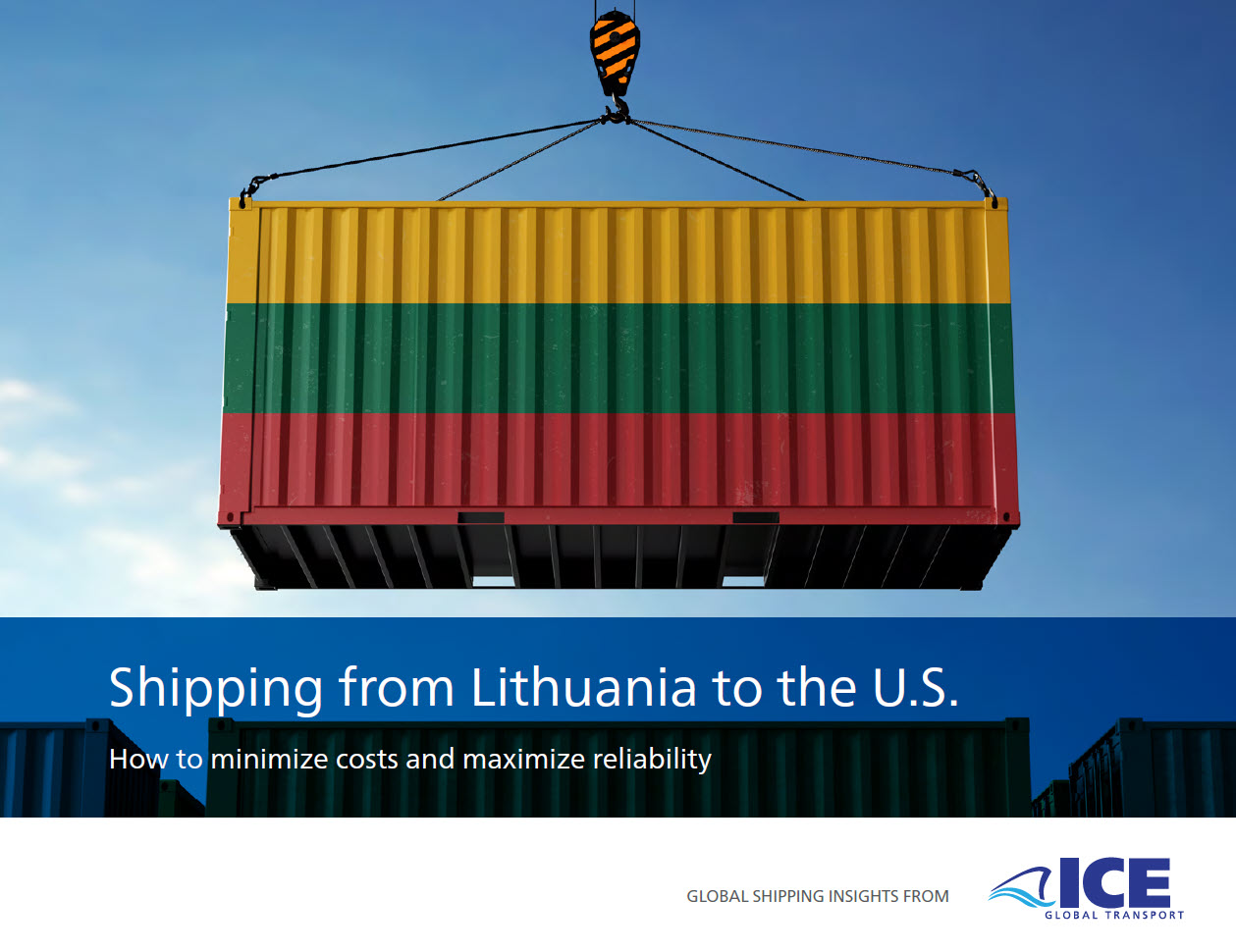Here in the New Year, the sound and fury over new tariffs from the U.S., and their use as a geopolitical tool, has not quieted down but instead risen to a fever pitch. Regardless of the surrounding machinations, new and higher tariffs continue to have a significant impact on global trade. The costs are real, and companies are looking for any edge they can use to shave off tariff-related expenses.


